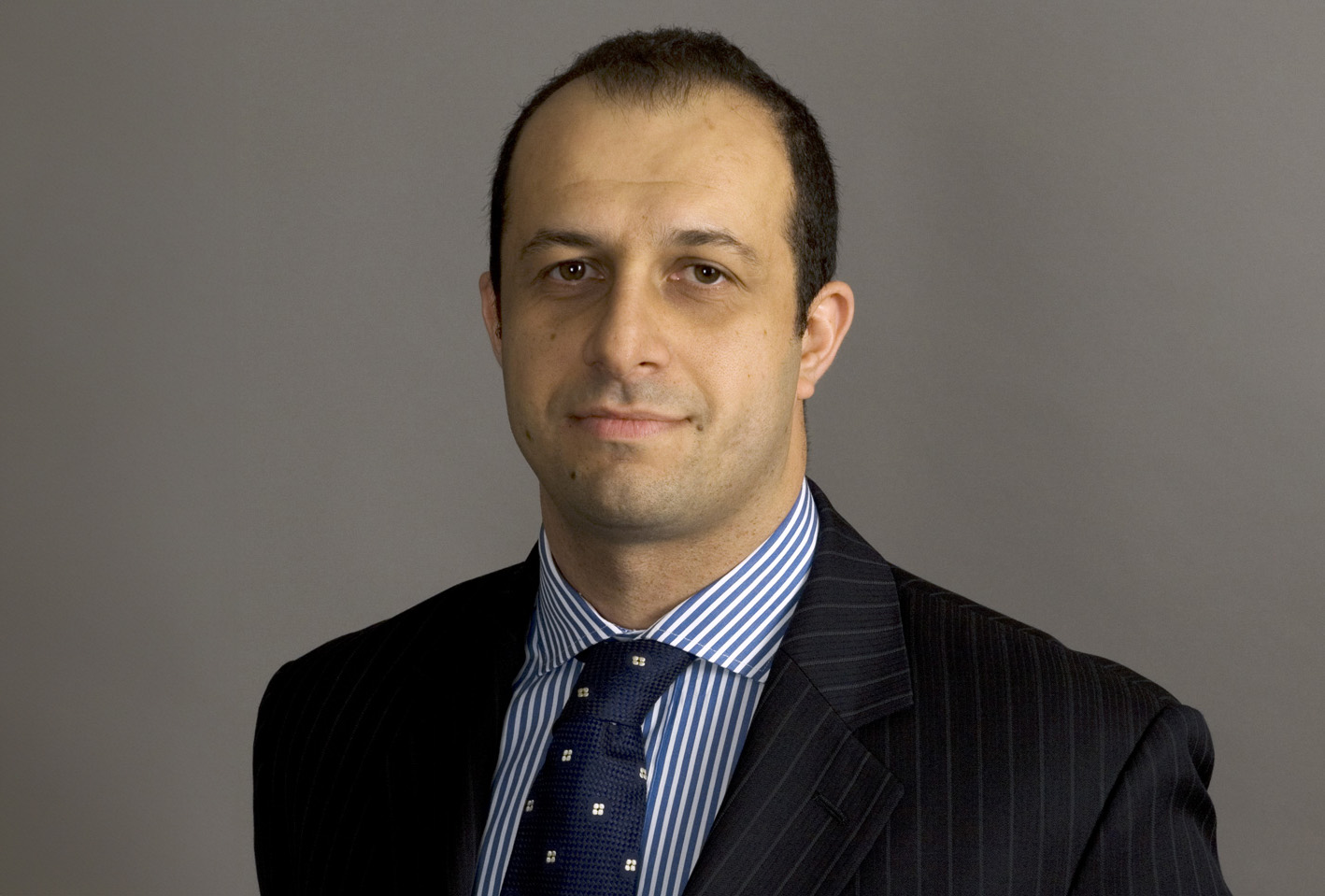
Active ownership takes work and discipline. Perpetual’s Vince Pezzullo explains how the team’s investment approach can add value to investors
- Companies must pass four quality criteria
- Active owners aim to create catalysts
- Find out more about Perpetual’s Strategic Capital Fund
Perpetual's Australian equities team has a long history of “active ownership”, working with ASX-listed company boards and management to extract value for shareholders.
“Active owners” go a step further than “active investors”.
Active investors buy stocks they believe to be undervalued and generally wait for a turn in the economic cycle to boost earnings.
Active owners aim to create a catalyst for change within a company – one that will improve the trajectory of a stock’s earnings.
Successful active ownership is a medium-term strategy requiring a clear vision, access to management of a company, and determination to find a catalyst for change, says Perpetual’s head of equities Vince Pezzullo.
Finding the right companies to invest in takes work and discipline.
“We are always looking at balance sheets, industry position and quality of earnings,” says Pezzullo.
“We often find ourselves looking at the underperforming market leaders. About three-quarters of the time, those companies have been mispriced and will make it back to the top themselves.
“Then there’s always a handful of companies that fit the criteria but have something holding them back. We look to see if there’s something we can do to change that.”
An investment strategy that focuses on active ownership
The team’s main active ownership vehicle, Perpetual Strategic Capital Fund, considers more than 450 stocks listed on the Australian Securities Exchange.
Companies must pass four quality criteria: sound management, conservative debt, quality of business and recurring earnings.
Once invested, Perpetual will engage with the chief executive of a company, senior management and, in some cases, the board.
“Typically, investing in these companies requires one-to-two years of activism to achieve our desired outcomes, and two-to-four years of ownership to realise gains for investors,” Pezzullo says.
Typically, 10 to 20 meetings with management of a company are needed to unlock value.
Co-operative, behind-the-scenes engagement tends to yield the best results.
Over several decades, Perpetual’s active ownership has driven de-mergers, strategic alternatives, special dividends, capital returns, acquisitions, board changes, recapitalisation and has blocked M&A.
“It takes time to properly extract benefits of active ownership, and if behind the scenes engagement isn’t working, we utilise other strategies, such as publishing research and working with other investors,” Pezzullo says.
“Perpetual can use its scale and voting power to influence change within an organisation.”
Active ownership adds value, according to Goldman Sachs Research.
In the United States, an equal-weighted portfolio of all activist targets since 2006 has generated an average annual excess return relative to the Russell 3000 of 3 percentage points.
Perpetual’s Strategic Capital Fund holds between ten and 20 stocks with at least 50 per cent.
Up to half the portfolio at any given time will be current activist opportunities, with the balance comprising future opportunities or best investment ideas. A longer ownership timeframe of stocks means both lumpier returns and lower portfolio turnover.
Active ownership case studies
In 2014 supermarket giant Woolworths lost its way with falling market share and tighter margins leading to a drop in share price.
That’s when asset manager Perpetual saw an opportunity to invest and help the struggling business turn around.
“Woolworths had made mistakes,” says Pezzullo. “It had invested billions in the wrong assets and there was a misallocation away from supermarkets.
“It was losing market share to Coles and management was probably wanting.
“We took a substantial stake and signalled to the incoming chair that we were happy to assist with the turnaround. We thought they needed to lower prices to bring people back into the store.
“The short-term negatives were offset by the long-term regaining of trust and regaining of their reputation as the fresh food people.”
The opposite occurred at Premier Investments, another company Perpetual held a stake in.
“We invested in Premier Investment and have not had to be an active owner,” he continues.
“It is run by Solomon Lew and he initiated his own internal review into his own company.
A self-confident CEO, chairman and owner not happy with the current valuation of their company will do that.”
Perpetual recently launched its Strategic Capital Fund – a concentrated, high-conviction portfolio focused on activist targets.
Find out more
About Vince Pezzullo and Perpetual Strategic Capital Fund
Vince is Perpetual’s head of equities and portfolio manager of Perpetual Strategic Capital Fund.
Vince has more than 20 years of experience in financial services including global experience as an analyst and portfolio manager.
Perpetual Strategic Capital Fund is a concentrated, high conviction portfolio with a focus on active ownership.
Perpetual is a pioneer in Australian quality and value investing, with a heritage dating back to 1886.
We have a track record of contributing value through “active ownership” and deep research.
Find out more about Perpetual’s Strategic Capital Fund
Browse Perpetual’s Australian equities capabilities
Want to know more? Contact a Perpetual account manager


